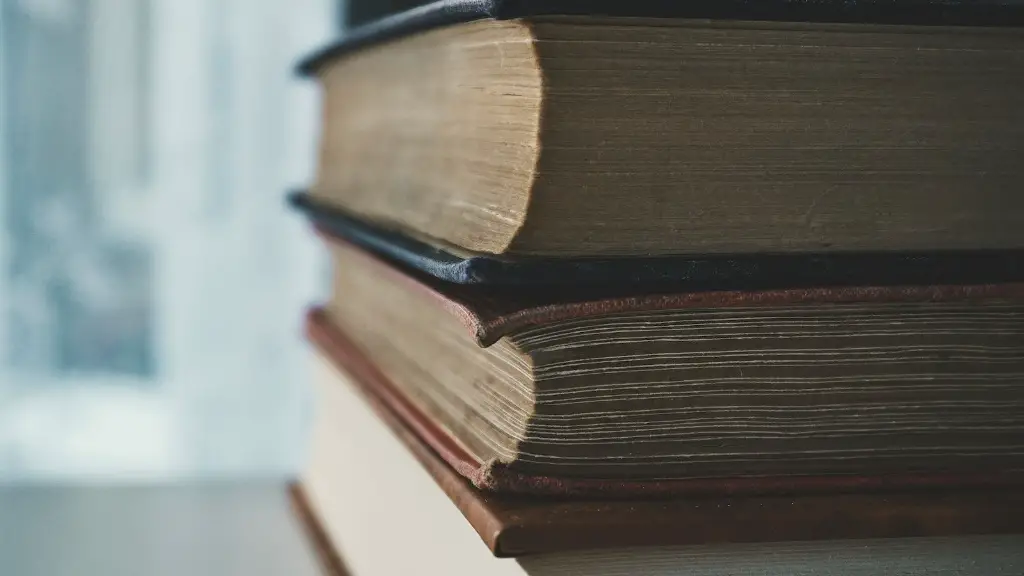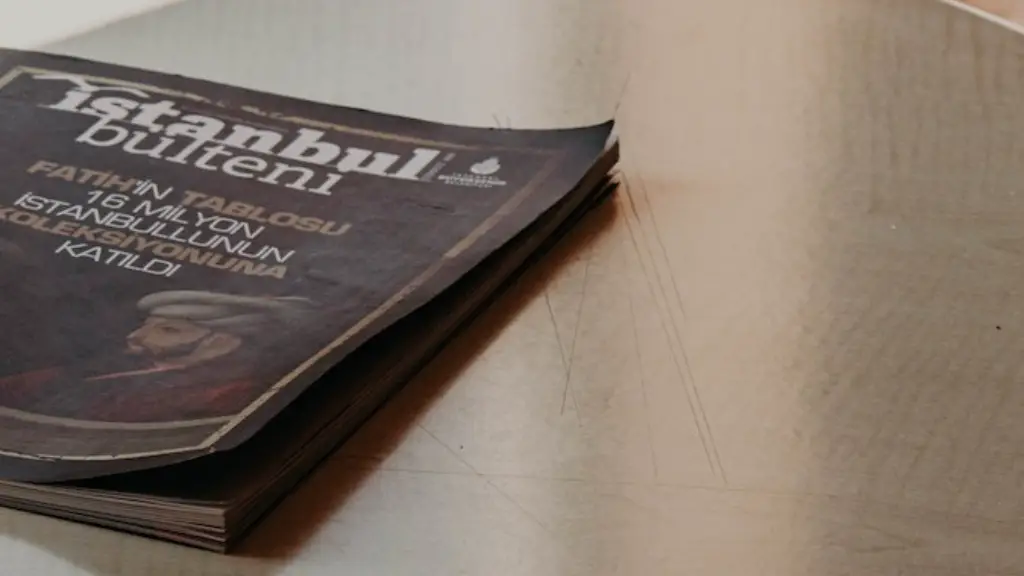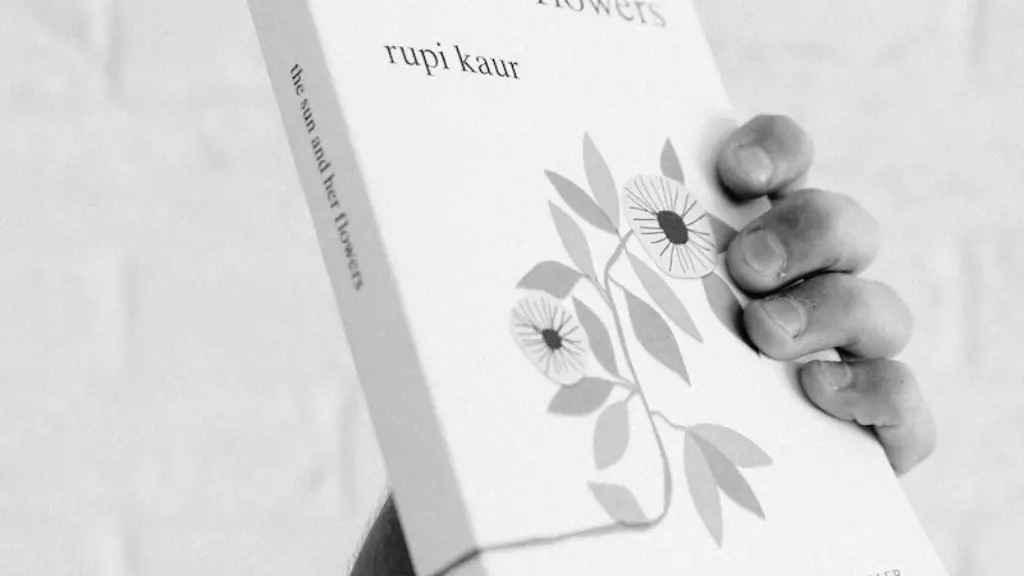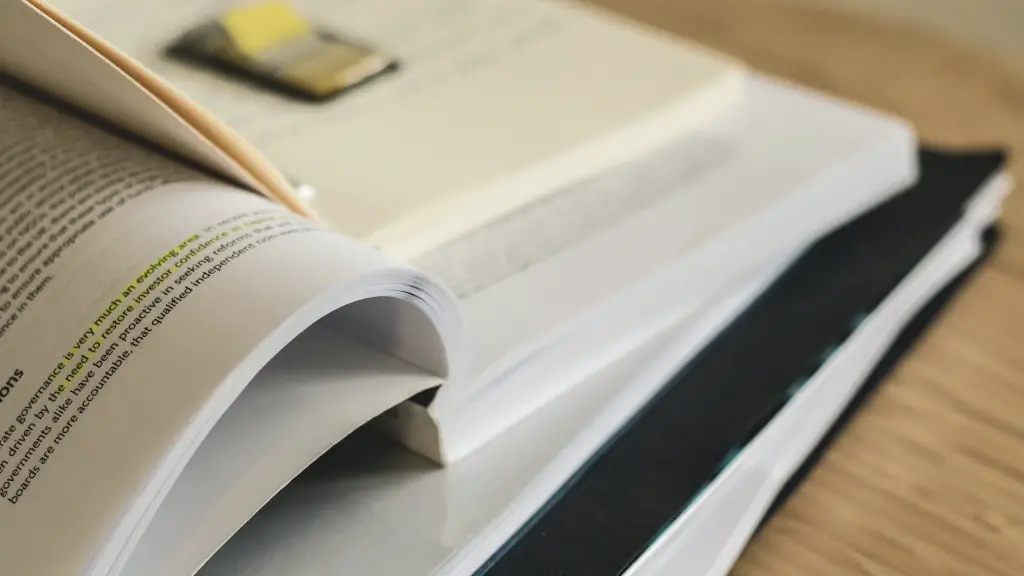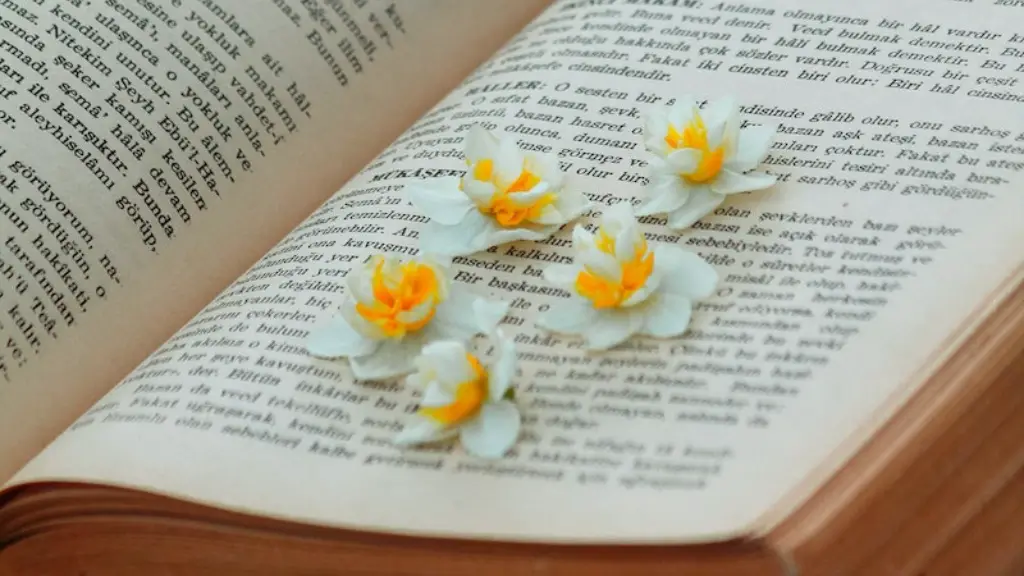What Is Dramatic Poetry?
Dramatic poetry is a form of literature that uses poetic devices such as metaphor, alliteration and personification to evoke emotion. It is written in verse and often involves dialogue. The focus of dramatic poetry is usually on a conflict, a struggle and/or resolution. Unlike traditional or “literary” poetry, dramatic poetry makes use of many conventions inherent to stage plays, such as characters, a setting, a plot and the use of dramatic devices and structure.
Dramatic poets typically include elements found in theatre and drama, including features of a play, a story and a poem. Characters are speaking to each other, but unlike a play, there is no stage set and the characters, roles and dialogue sit side by side with the text, rather than through it. Usually, the protagonist is a man, but the roles can be reversed or omitted.
The subject matter of dramatic poetry can vary greatly and often discusses topics such as religion, politics, love, and life itself. Dramatic poets use language that is particularly vivid and powerful, as they write in a style to create maximum emotional impact.
The purpose of dramatic poetry is to stir emotion and emotion-related responses in the audience. Dramatic poetry can appeal to an audience’s sympathy, stir it to anger, or move it to tears. It is often set in the form of a monologue, in which one protagonist speaks to another, and is written to draw the readers and the audience in, mirroring the action and intensity of the stage.
Dramatic poetry has a long history, and some of the most famous examples include works from the Elizabethan era, including Shakespeare’s plays, such as Macbeth and Hamlet. Since then, there have been many writers who have written poetry using a dramatic format, including Robert Burns, Walt Whitman and Ezra Pound.
Elements such as conflict, resolution and tension are used to move the poem along, as building these elements is a key skill in writing dramatic poetry. Additionally, some of the more traditional elements of poetry, such as assonance, rhyme and alliteration, are all deployed in dramatic poetry as well.
Nowadays, the main difference between traditional and dramatic poetry is that traditional poetry is more intently focused on the beauty of language, while dramatic poetry focuses on the power of language to express emotions.
Themes of Dramatic Poetry
Dramatic poetry often has a central theme that it follows. Common themes include death, injustice, heartache, love, and hope. These themes are often explored in the different characters and their stories, as well as in the stories’ reveals.
Death is an ever-present theme in dramatic poetry, as it takes a real-life situation that many people are familiar with and then adds poetry and drama to it. This can create a powerful sense of pathos and suggest the inevitability of death. A famous example of a dramatic poem about death is ‘The Highwayman’ by Alfred Noyes, which follows the story of a highwayman and tells of his failed attempts to save the woman he loves from death.
Injustice is another theme that is explored in dramatic poetry. Poets such as William Wordsworth and Robert Frost use this as a theme to explore the idea of life’s unfairness. Injustice is seen as a struggle or challenge that must be overcome. This can be seen in Frost’s ‘Mending Wall’ poem, which tells of a man who is trying to maintain a wall that is constantly being wrecked by his neighbor’s cattle.
Heartache is often a common theme in dramatic poetry. The heartache could be of any kind, from unrequited love to the loss of a parent. Many poets write in order to capture the deep feelings of pain and sorrow, as well as to show the strength it takes to overcome these feelings.
Love is another common theme in dramatic poetry. Love can be explored in the various forms it takes, such as romantic love, spiritual love and friendship. A popular example of a dramatic poem about love is Robert Frost’s ‘Fire and Ice’, in which he plays with the idea of the power of love and hate, as well as their different outcomes.
Finally, hope is a common theme in dramatic poetry. Hope is seen as a positive, uplifting emotion that can be expressed through poetry. Poets often use the idea of hope in order to express optimism in the face of adversity. An example of this is William Wordsworth’s ‘The Piano’, which follows the story of a woman who finds hope despite life’s struggles.
Differences Between Dramatic and Traditional Poetry
Dramatic poetry is different from traditional poetry as it seeks to evoke emotion through the use of different devices, such as intense dialogue between characters and vivid descriptions of scenes. Traditional poetry, on the other hand, relies more on the beauty of language to express emotion.
Traditional poetry also uses tools such as rhyme and alliteration, whereas dramatic poetry uses them sparingly in order to draw attention to the core emotion of the poem. Traditional poetry has a more structured form and seeks to have a more linear story, while dramatic poetry seeks to tell a story in a more abstract, artistic manner.
Dramatic poetry is more expressive and often uses detailed descriptions to draw the reader in. Traditional poetry, on the other hand, is usually simpler and seeks to create a visual image in the reader’s mind.
Both forms of poetry use different tools and forms and each has its own purpose and message that it wants to convey to the audience. The key difference between the two is the manner in which they construct and convey emotions.
Writing and Interpreting Dramatic Poetry
Writing dramatic poetry is a difficult task as it requires the poet to be able to capture emotion through their words and to structure a narrative that can evoke emotion in the reader. When interpreting dramatic poetry, it is important to understand the underlying themes that the poet is attempting to convey. This can be done by reading the poem multiple times and focusing on the different characters, settings and dialogue.
Dramatic poetry often has multiple layers of meaning, as the poet often embeds subtle messages that can be interpreted in many different ways. It is important to recognize these different meanings and to understand the emotions that the poet is attempting to evoke.
The language used in dramatic poetry is often intense and can be difficult to understand. It is important to take your time and read the poem more than once, as the context and nuances featured in the poem can help to provide further insight into the poet’s meaning.
When reading dramatic poetry, it is important to note the feelings that the poem stirs in you as it is usually these feelings that the poet is attempting to capture. Empathy is one of the core traits that must be employed when reading dramatic poetry, as it is only through understanding the emotion of the poem that the true meaning of the poem can be deciphered.
Poets and their Dramatic Poems
Many famous poets have explored the form of dramatic poetry. Robert Frost, William Wordsworth, Alfred Noyes and Ezra Pound are some of the more notable figures when it comes to writing dramatic poetry. Love, death, the power of emotion and injustice are all topics that are commonly explored using dramatic poetry.
Frost’s ‘Acquainted with the Night’, for example, explores the theme of depression, with its opening line being ‘I have been one acquainted with the night’. Wordsworth’s ‘The Prelude’ uses themes of innocence and experience, with its description of a child’s journey into adulthood. Pound’s ‘The Journey’ uses the narrative of a journey to explore the idea of identity and place. Noyes’ ‘The Highwayman’ incorporates high stakes and desperate emotions, as it follows the story of a man trying to save the woman he loves from death.
These poets demonstrate the various ways in which drama poetry can be used to explore different themes and evoke emotion in the reader. They also show how this genre has developed over the years and how poetic conventions, such as alliteration, can be employed to create powerful pieces of work.
Conclusion
Overall, dramatic poetry is a powerful form of literature that allows poets to express and explore a wide range of emotions and concepts. It is a complex genre of poetry and requires poets to have a deep understanding of the language and an ability to evoke emotion in the reader. Through the work of poets such as Robert Frost, William Wordsworth and Alfred Noyes, it is possible to see the various ways in which dramatic poetry can be used to characterise and explore the themes of life.
